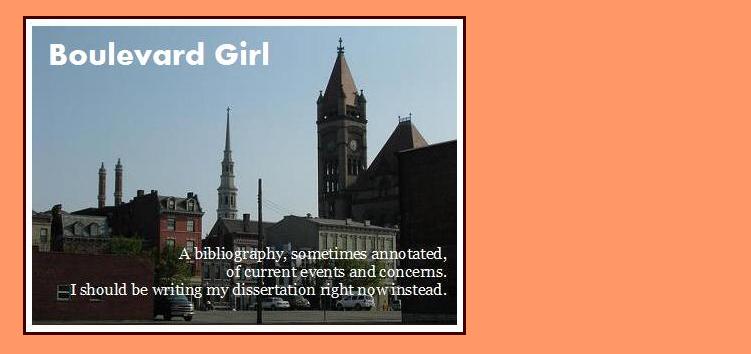"Anti-Semitic Alliance: The Shared Extremism of Neo-Nazis and Migrant Youth," Sven Röbel. Der Spiegel. July 14, 2010
It was supposed to be a carefree festival in Sahlkamp on the outskirts of the northern German city of Hanover. Billed as an "International Day" to celebrate social diversity and togetherness, the June celebration included performances by a multicultural children's choir called "Happy Rainbow" and the German-Turkish rap duo 3-K. Music from Afghanistan was also on the program.
But then the mood suddenly shifted.
When Hajo Arnds, the organizer of the neighborhood festival, stepped onto the stage at about 6:45 p.m. to announce the next performance, by the Jewish dance group Chaverim, he was greeted with catcalls. "Jews out!" some of the roughly 30 young people standing in front of the stage began shouting. "Gone with the Jews!"
The voices were those of children -- voices full of hate, shouted in unison and amplified by a toy megaphone. Arnds, the organizer, was shocked. He knew many of the children, most of them from Arab immigrant families in the neighborhood.
A social worker, Arnds tried using the tools of his profession -- words -- to save the situation. But his words were met with stones, thrown at the stage by people taking cover in the crowd.
"Jews reluctantly abandon Swedish city amid growing anti-Semitism," Donald Snyder. The Forward via Haaretz. July 11, 2010.
A continentwide study, conducted by the Institute for Interdisciplinary Research on Conflict and Violence at the University of Bielefeld in Germany, released in December 2009, found that that 45.7% of the Europeans surveyed agree somewhat or strongly with the following statement: “Israel is conducting a war of extermination against the Palestinians.” And 37.4% agreed with this statement: “Considering Israel’s policy, I can understand why people do not like Jews.”
____



